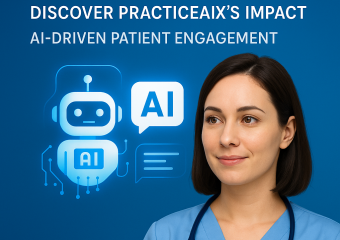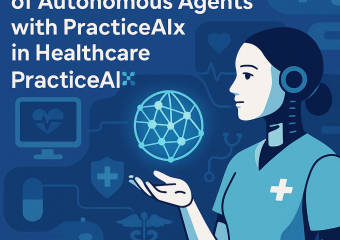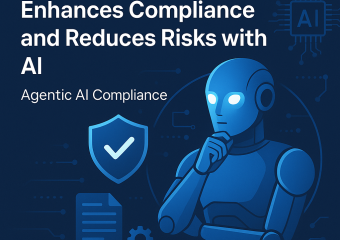The Rise of AI in Mental Health: Tools for Therapists, Counselors, and Clinics
The rise of AI in mental health is transforming the way therapists, counselors, and clinics approach diagnosis, treatment, and patient care. Artificial intelligence is no longer just a futuristic concept but a present-day reality that is reshaping traditional mental health services through innovative tools and applications. From improving assessment accuracy to providing personalized treatment insights, AI-powered technologies are enhancing the effectiveness, accessibility, and efficiency of mental health care.
How AI is Revolutionizing Mental Health Care
Mental health professionals face numerous challenges, including high patient loads, subjective assessments, and the need to deliver tailored care. AI-based systems can help alleviate these issues by providing data-driven insights and automating routine tasks.
For instance, AI algorithms can analyze speech patterns, facial expressions, and typing behavior to detect signs of depression, anxiety, or other mental health disorders earlier than conventional methods. This early detection can be crucial for timely intervention. Additionally, AI often helps in processing large sets of clinical data to identify trends and potential risk factors that may not be apparent during manual analyses.
AI Tools for Therapists: Enhancing Clinical Practice
Therapists are increasingly incorporating AI into their practices to improve clinical decision-making and client outcomes. AI-powered chatbots and virtual assistants can provide patients with 24/7 support and coping strategies between sessions, promoting continuous care and reducing treatment gaps.
Moreover, tools that use natural language processing (NLP) can assist therapists by analyzing session transcripts to identify emotional cues, progress, or areas needing focus. This can help therapists tailor sessions more effectively based on objective insights rather than relying solely on memory or subjective judgment. For example, AI can detect subtle changes in clients’ language that may indicate shifts in mood or risk.
Counselors Benefiting from AI-Driven Assessments
Counselors often rely on self-reported data and standardized questionnaires to evaluate clients’ conditions. AI enhances these assessments with dynamic, adaptive testing methods that adjust questions based on individual responses, increasing accuracy.
Additionally, AI-enabled mobile apps allow clients to track moods, habits, and triggers in real-time, providing counselors with comprehensive longitudinal data. This continuous monitoring helps counselors understand clients’ experiences beyond the clinical setting and design better treatment plans. With AI assistance, counselors are equipped with more precise tools to measure therapy effectiveness and make timely adjustments.
Clinics Embracing AI for Operational Efficiency and Patient Care
Mental health clinics can leverage AI not only for clinical care but also for improving operational efficiency. Scheduling software powered by AI optimizes appointment booking, reducing wait times while maximizing clinicians’ availability. AI-driven electronic health record systems streamline documentation, freeing clinicians to focus more on patient interaction.
Furthermore, clinics can use AI to identify population health trends, helping in designing preventive programs and allocating resources more effectively. Telepsychiatry platforms enriched with AI capabilities enable remote mental health services, breaking down geographical and socioeconomic barriers to care.
Ethical Considerations and Challenges in AI Adoption
Despite the promising advantages, integrating AI into mental health care involves ethical considerations. Privacy and data security are paramount since mental health data is highly sensitive. Ensuring AI systems are designed with robust safeguards and transparent data handling is essential.
Moreover, there are concerns about algorithmic bias, where AI might reflect or amplify existing social biases, leading to unequal care. Mental health professionals must remain vigilant and critically evaluate AI tools before integrating them into practice.
Importantly, AI should be seen as augmenting—not replacing—the human element vital to mental health care. Compassion, empathy, and human judgment remain irreplaceable components of effective therapy.
The Future Outlook of AI in Mental Health
Looking ahead, the role of AI in mental health is expected to grow, with ongoing advancements in machine learning, natural language processing, and wearable technologies. These innovations will increasingly support therapists, counselors, and clinics in delivering more personalized, proactive, and preventive mental health care.
AI’s ability to process complex data quickly and provide actionable insights holds the potential to revolutionize not just individual treatment, but also global mental health strategies. As this technology evolves, collaboration between mental health professionals, AI developers, and policymakers will be key to harnessing AI’s full benefits while safeguarding ethical standards.
The rise of AI in mental health marks a significant milestone in improving mental health services worldwide. By combining human expertise with AI-powered tools, therapists, counselors, and clinics have new opportunities to enhance patient outcomes and redefine care delivery in this critical field.








